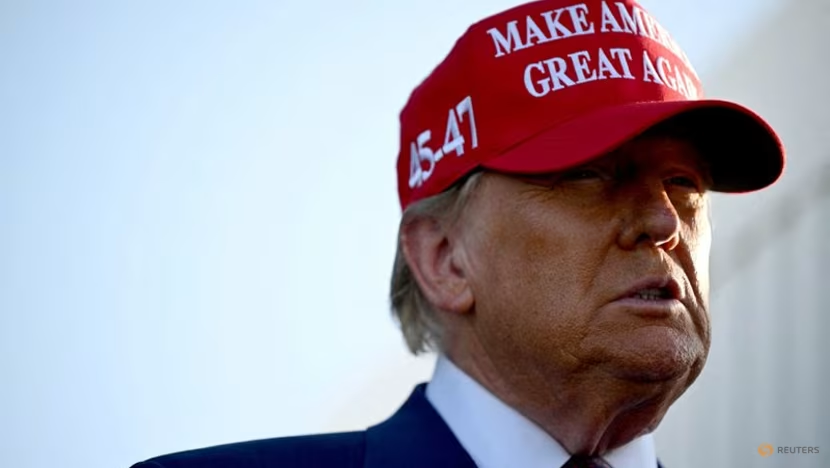
A debate over skilled worker visas has emerged among supporters of President-elect Donald Trump, highlighting potential divisions within his incoming administration.
The controversy began when Vivek Ramaswamy, selected by Trump to reduce government spending, shared his views on the H-1B visa program, which allows U.S. companies to hire skilled foreign workers. In a post on X, Ramaswamy suggested that American cultural priorities have led companies to seek foreign talent, stating that a society that “celebrates the prom queen over the math olympiad champ” may struggle to produce top engineers.
This perspective drew support from Elon Musk, Trump’s chosen co-director for a proposed Department of Government Efficiency. Musk defended the H-1B program, comparing America to a successful sports team seeking top talent. He suggested the program attracts the “top ~0.1%” of engineering talent.
However, their stance faced significant opposition from other Trump allies. Critics shared job postings from Musk’s companies showing H-1B positions with salaries around $200,000, arguing these didn’t represent elite talent but rather a method to reduce American wages.
Former UN Ambassador Nikki Haley countered their position, stating, “There is nothing wrong with American workers or American culture.” She emphasized prioritizing American workers over foreign labor. Steve Bannon, a prominent Trump supporter, called Republican support for the H-1B program a “total scam” on his War Room podcast.
The debate intensified when Laura Loomer, an anti-Islam activist and Trump supporter, criticized Trump’s selection of Sriram Krishnan, an India-born entrepreneur, as White House senior advisor on artificial intelligence. She labeled him a “career leftist” opposing Trump’s America First agenda.
The discussion led to broader tensions on X, with Musk engaging in heated exchanges with critics and some conservative accounts claiming their reach was being restricted on the platform.
Current data from Boundless, an immigration consultancy, shows that Indian nationals receive approximately 73% of H-1B visas, with Chinese citizens receiving 12%. The program is capped at 65,000 visas annually, plus 20,000 for those with U.S. master’s degrees.
Trump, who has promised immediate deportations of undocumented immigrants upon taking office, previously restricted H-1B eligibility during his first term. Despite campaigning against the program, his vice-president, JD Vance has past connections to tech companies that employed H-1B visa holders.
At a recent AmericaFest conference in Arizona, Trump addressed speculation about Musk’s influence, stating, “The new one is that President Trump has ceded the presidency to Elon Musk… No, no, that’s not happening. He’s not gonna be president.”



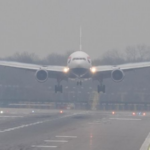


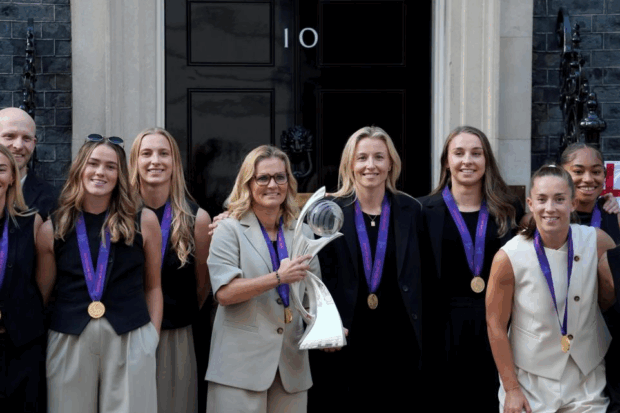


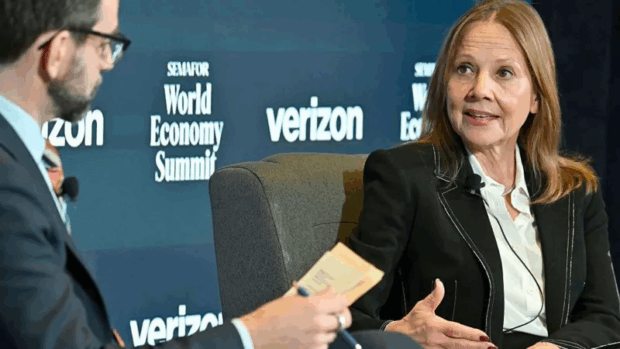
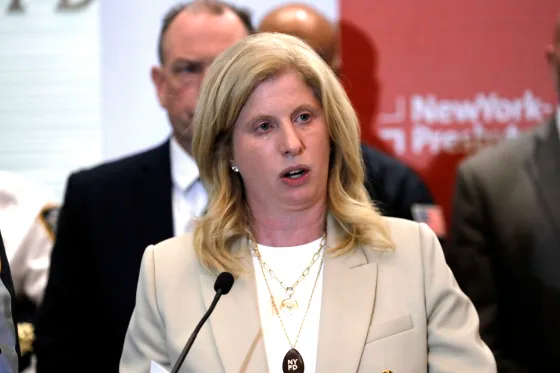





Be the first to leave a comment